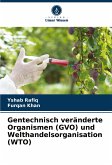
Broschiertes Buch
10. August 2024
Verlag Unser Wissen
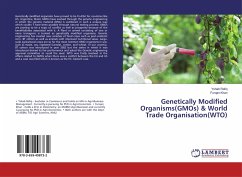
25,99 €
Versandfertig in 6-10 Tagen
Broschiertes Buch
5. Dezember 2017
LAP Lambert Academic Publishing
25,99 €
Versandfertig in 1-2 Wochen
Broschiertes Buch
10. August 2024
Ediciones Nuestro Conocimiento
25,99 €
Versandfertig in 6-10 Tagen
Broschiertes Buch
10. August 2024
Editions Notre Savoir
25,99 €
Versandfertig in 6-10 Tagen
Broschiertes Buch
10. August 2024
Edizioni Sapienza
25,99 €
Versandfertig in 6-10 Tagen
Broschiertes Buch
10. August 2024
Edições Nosso Conhecimento
Ähnliche Artikel
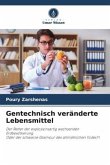
Broschiertes Buch
Der Retter der explosionsartig wachsenden ErdbevölkerungOder der schwarze Glamour des allmählichen Todes?!
8. Dezember 2023
Verlag Unser Wissen
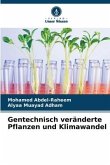
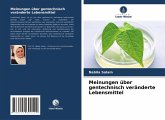
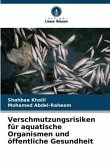
Broschiertes Buch
30. Januar 2023
Verlag Unser Wissen
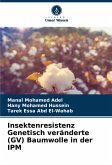
Broschiertes Buch
15. Mai 2024
Verlag Unser Wissen
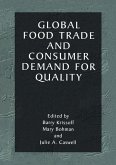
Broschiertes Buch
Softcover reprint of hardcover 1st ed. 2002
1. Dezember 2010
Springer / Springer US / Springer, Berlin
978-1-4419-3379-9
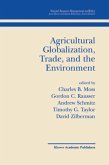
Broschiertes Buch
2002
30. Oktober 2012
Springer / Springer US / Springer, Berlin
978-1-4613-5606-6
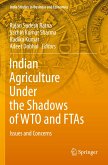
Broschiertes Buch
Issues and Concerns
1st edition 2021
14. Mai 2022
Springer / Springer Nature Singapore / Springer, Berlin
978-981-33-6856-9
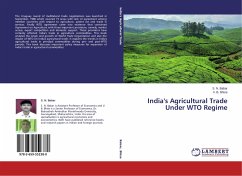
27,99 €
Versandfertig in 6-10 Tagen
Broschiertes Buch
4. Juni 2014
LAP Lambert Academic Publishing
Ähnlichkeitssuche: Fact®Finder von OMIKRON
